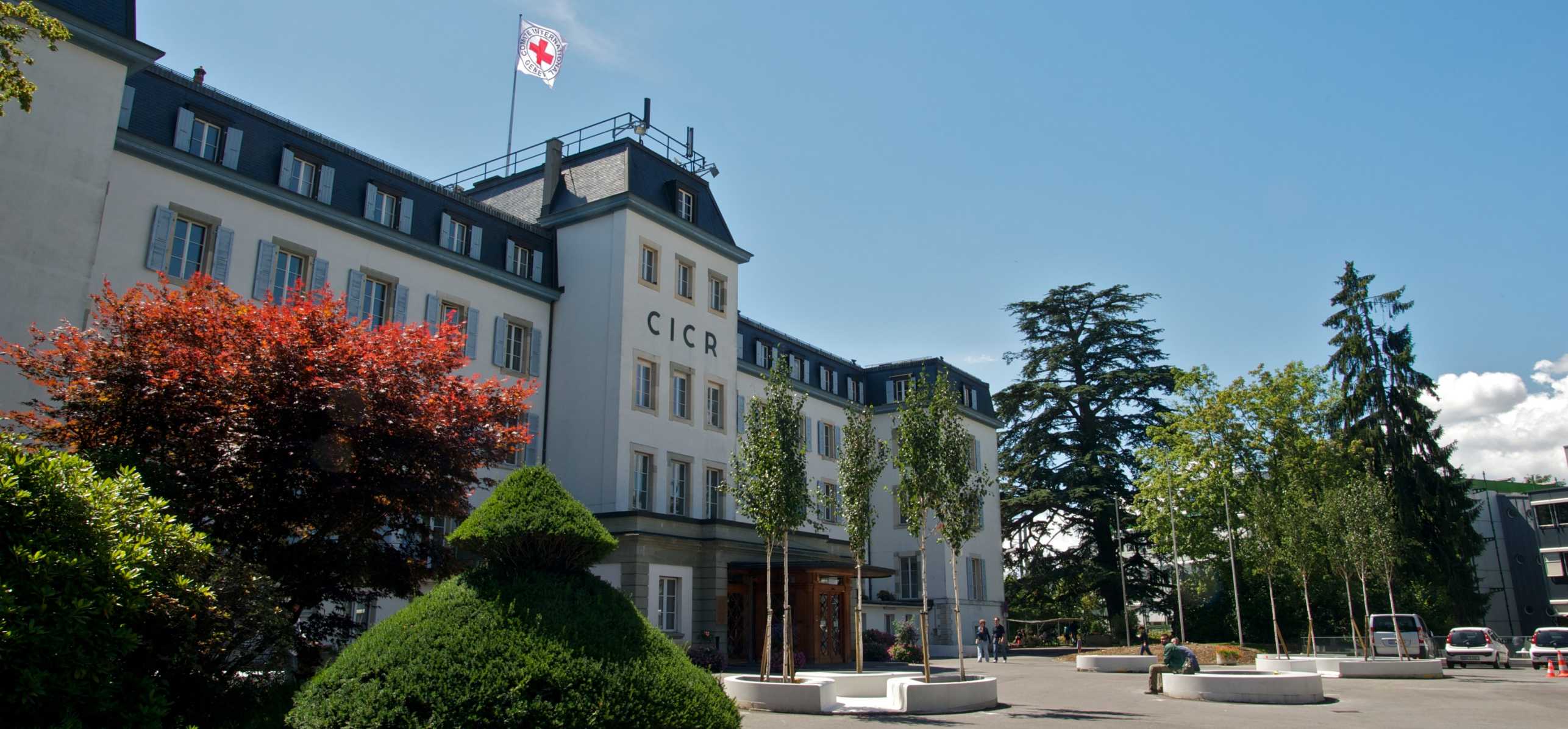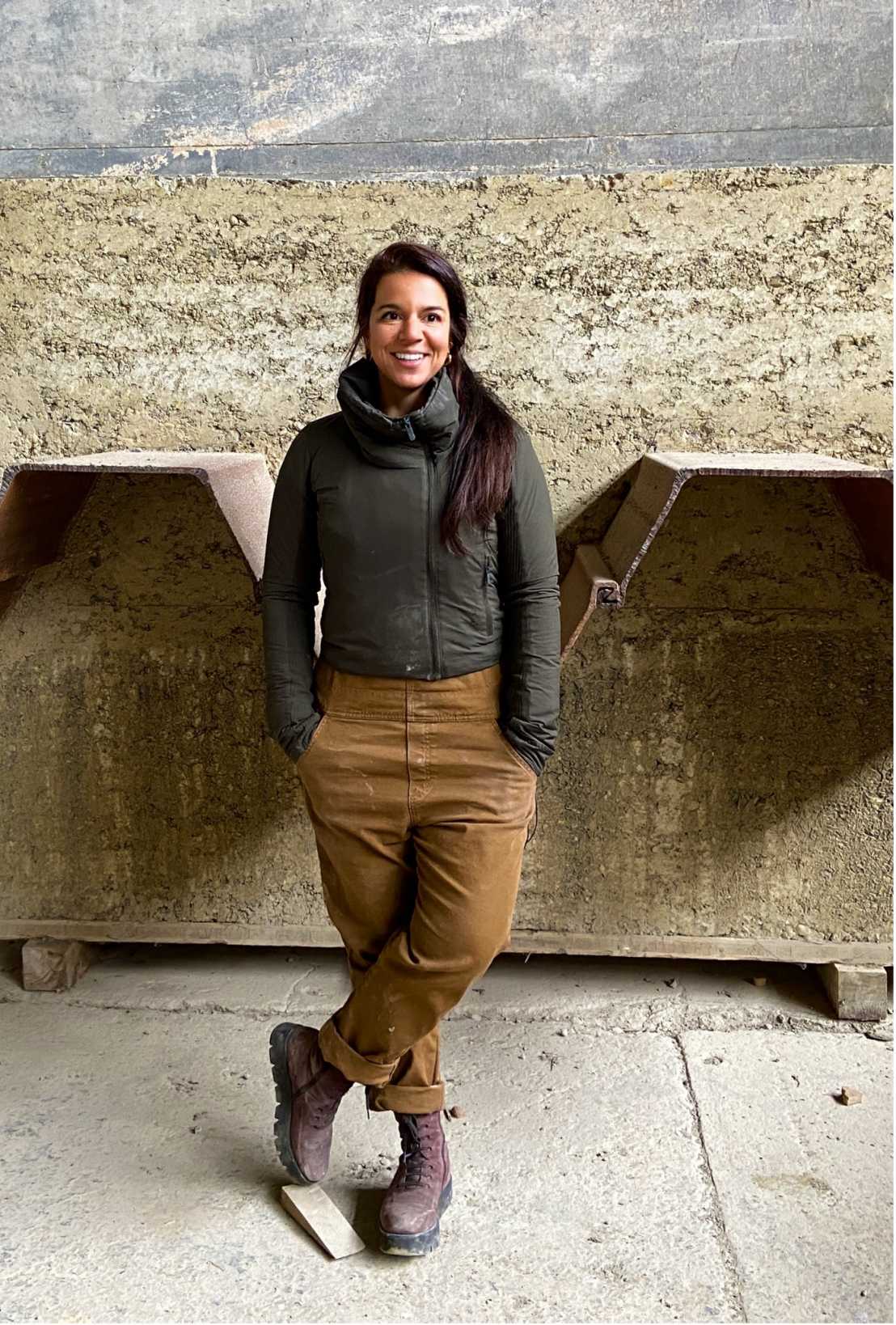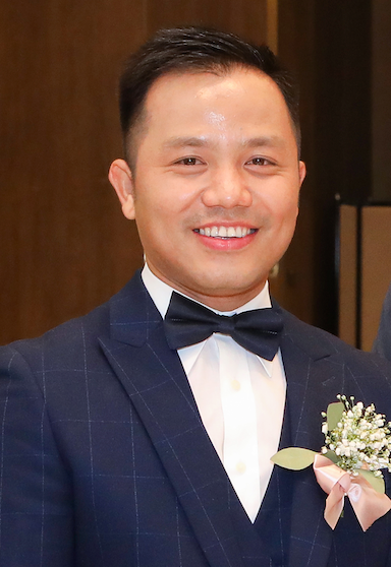Humanitarian Action Fellowship

Goal of the Humanitarian Action Fellowship (HAF)
As part of the external page Engineering for Humanitarian Action Initiative (EHA) initiative, the goal of the Humanitarian Action Fellowship is to explore joint research ideas between ETH Zurich, EPFL and the external page International Committee of the Red Cross (ICRC) or to support the ICRC to pilot, use or scale research findings from completed external page Humanitarian Action Challenges (HAC) projects.
ETH4D and the external page EssentialTech Centre (ETC) coordinate and organize the Humanitarian Action Fellowship (HAF). This includes support with matchmaking between ETH/EPFL researchers and ICRC members. As HAF fellows, PhD candidates, Postdoctoral researchers or scientific assistants I/II from ETH Zurich or EPFL can work at ICRC offices for a duration of 2-12 months.
During the time of the fellowship, the fellow can:
- Explore ideas for future research collaborations between ETH/EPFL and ICRC (exploratory fellowship)
- Implement and test technologies or support the ICRC to use or scale results from a completed Humanitarian Action Challenge (HAC) project (as part of a Stream II project)
Our Humanitarian Action Fellows

Dr. Giulia Celentano is a Senior Scientific Assistant at the Chair of Sustainable Construction at ETH Zurich, where she leads impact-oriented research projects in humanitarian and development contexts across the Global South. Her work primarily focuses on post-disaster and post-conflict settings, displacement camps, and informal settlements. Her fellowship consists of a six-months placement at the International Committee of the Red Cross in Beirut. There, she will support the ICRC and local staff in building capacity to strengthen health infrastructure resilience in conflict-like settings.
Bridging academic, transdisciplinary research on sustainability and resilience in construction with the operational needs of humanitarian actors, her work is shaped by close collaborations with partners such as the International Committee of the Red Cross (ICRC), Norwegian Refugee Council (NRC), International Federation of Red Cross and Red Crescent Societies (IFRC), and United Nations agencies (UN-Habitat, UNHCR). These collaborations have resulted in the development of digital advisory tools for decision-makers, sustainability assessments, and direct advisory services. With a strong regional focus on Lebanon since 2022, her applied research covered the Middle East, Sub-Saharan Africa, Southeast Asia, and Central America, grounded in extensive fieldwork and primary data collection.

Andrew Laitha is a doctoral student in Food Systems Economics and Policy at ETH Zurich. His research focuses on the effects of armed conflict on the welfare of farm workers and rural households. During the HAF fellowship, Andrew plans to develop a food systems pathways toolkit for mapping and assessing disruptions and resilience in crisis-affected food systems, in collaboration with the International Committee of the Red Cross (ICRC).
Prior to his doctoral studies, Andrew worked at the International Food Policy Research Institute (IFPRI) and served as a consultant for the Responsible Supply Chains in Asia programme at the International Labour Organization (ILO). He has also contributed to economic policy support for the Government of Myanmar and engaged in community service for conflict-affected populations.
Andrew holds an MSc in International Development and Agricultural Economics from the Czech University of Life Sciences Prague and a Bachelor of Commerce from the University of Delhi.
- Application proposal using a HAF template (Download Form A for exploratory fellowships (DOCX, 258 KB), Download Form B for fellowships as part of Stream II projects (DOCX, 258 KB)) that includes the project description, motivation and timeline
- Budget using the Download HAF budget template (XLSX, 54 KB)
- Invitation letter from the ICRC specifying the work location as well as the planned start and end dates
- Support letter from the ETH chair or group leader, including confirmation that 30% of the total fellowship budget will be covered by the group
- CV and list of publications
- Copies of diplomas and grade transcripts
Please consult the Download Humanitarian Action Fellowship Guidelines (PDF, 211 KB) before applying.
All application documents must be written in English and can be sent electronically (in one single PDF file) to Salome Räuschel () via email.
The Humanitarian Action Fellowship is part of the external page Engineering for Humanitarian Action (EHA) Initiative.
Contact
ETH for Development (ETH4D)
Clausiusstrasse 37
8092
Zürich
Switzerland